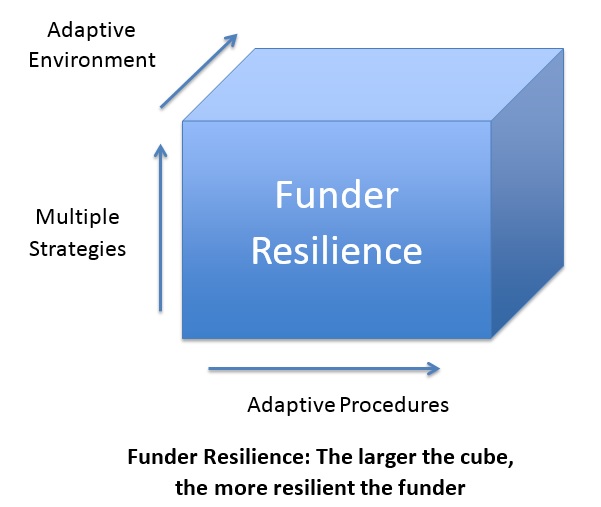In January 2017, the Chinese government began requiring all not for profit foreign organizations, including foundations, to register in order to continue to operate in the country. Funders have responded by registering, leaving, or muddling through, waiting to see how the situation plays out.
Heavy-handed Chinese government? Perhaps. But China is not alone on this. Over the last two decades, dozens of countries around the world, of every political stripe, have slowly been squeezing the space for civil society to operate. These changes take many forms: banking restrictions, increased controls over NGOs, or reclassification of civil disobedience as terrorism.
Funders are adapting to this new reality. Yet finding one’s way through a new landscape of constraints on activity is difficult – it’s hard to know what to do when the rules keep changing.
What is clear is that the world that most funders have grown up in over the last half century – where funders make grants to registered NGOs – is changing dramatically, and the forms of association that citizen activists use must change as well.
The Global Greengrants Fund and the Global Fund for Community Foundations (GFCF) collaborated to support research on the ways in which funders are adapting to the changes (see final report here). From discussions about key practices of resilient funders with dozens of social change funders in Africa, Asia, Europe, Latin America and North America, and our own experience as grantmakers, we discern a conceptual framework with three major dimensions to the resilience of funding organizations:
1.)Adaptive procedures – how to support social action
2.) Multiple strategies – what to support
3.) Adaptive environment – conditions for social action
Increasing the adaptive capacity of funders and the sector itself through these three dimensions builds resilience to challenges as political conditions restrict traditional and formal spaces for action. This concept is illustrated in the image below.
For each of these dimensions, there are three characteristics that funders are finding critical to maintaining the funding function:
- Flexibility — The ability to change processes, procedures, and strategies to respond to the prevailing social environment.
- Diversity and Redundancy — Different parts of the funding system and civil society are not identical; different types of associations and organizations perform similar functions.
- Ability to Learn and Resourcefulness — The ability to monitor changing conditions and adjust operations accordingly; experimenting with new approaches.
By ‘adaptive procedures’ we mean establishing alternate channels of support that include:
- Using the funders’ influence;
- Alternate forms of direct financial support, including prizes, fellowships, loans, contracts for services, in-kind donations, support of triple bottom line businesses, and provision of income generating assets;
- Developing an ‘internet of funder’” with loose networks of allied funding organizations that can work together.
‘Multiple strategies’ mean a combination of support to the informal sector of citizen initiatives, engaging like-minded public and for profit sector actors, and transforming direct service activities to include related advocacy activities.
And strengthening the ‘adaptive capacity of the environment’ means reworking the public narrativeabout the role of the civil society sector, building networks across constituencies, and addressing the legal framework directly to support citizen activity.
Will action in these three areas solve our problems? Of course not. But keeping this framework in mind can structure our thinking about what to do.
It is helpful to remember that our function is to support citizen action in the civil society sector, not just make bank transfers. Activists have always been tremendously inventive, and restrictive governments have always been with us.
Funders need to support that innovation, and experiment with innovation ourselves.
Chris Allan and A. Scott DuPree are both independent consultants, working with Global Greengrants Fund.
This article originally appeared on the Global Fund for Community Foundations (GFCF) website on 18 September 2017. The original article can be found here.






Comments (0)